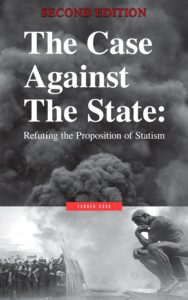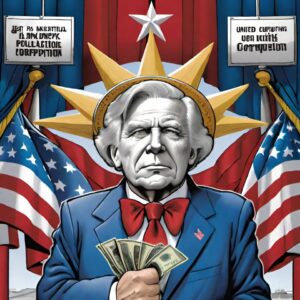It’s easy for men to get stuck inside the gerbil ball of the red pill loop. Seeing video after video of women acting like narcissists while abusing men can leave your mind tainted with hate. Another politician pocketing your taxes as they destroy the homeland’s heartbeat. As the truth movement slides into sociopathy they parrot emotional psychological operations with a voice that carries no weight. One thing I never understood about MGTOW is how they bash women constantly while claiming to go their own way, some strange beta male obsession with trying to change modern day female nature.
I’ll admit, when I first starting realizing that many modern women are quite cruel and heartless it made me angry. Understanding each relationship and pain suffered because of the trust placed in a women that took advantage of me. Watching society turn politicians into heroes as they robbed them behind the scenes. Young men being sent off to war to fight for the collection of some corporation’s resources and profit.
The same feelings of anger and disdain spread over all aspects of red pill rage. The truth is though, it was a part of me becoming a man. I was wasting way to much time chasing women (even if I got them). Worrying about relationships and if she was cheating, all for my fears to come true. Thinking I could wake up the world to the reality of satanic pedophile elite as they cling to their pride. It was all a waste of time as the world sees what it wants too, hiding behind labels of self defeat.
But what if I had been putting all that time into growing my business or building real networks that would benefit me and my community for years to come. What if I spent all that time practicing a new hobby and becoming an expert at it. What if I stepped outside of society and operated on my own terms to build myself as an individualist, free to think however I please.
That’s where growth and discipline come into play. By making those mistakes and learning from them I was able to find out what was truly important in my life and start focusing on it. To step away from the emotional control arms of the matrix’s spiders and find out who I really was.
The rage and imitation inside the red pill community is what keeps it from growing. When you try and copy another man or put him on a pedestal you’re simply replacing your need for validation from a women onto a man. Or turning a politician into a god as you clap away to the consent of your own community being enslaved.
Militarized police patting you on the shoulder saying ‘good boy’. Spending thousands on MGTOW alpha man’s courses and guru eBooks never taking growth into your own hands. Never picking up a book yourself and reading, a new hobby or daily discipline. The reality is men need to take this emotional rage and turn it into logical direction. Regardless of who’s flinging shit you need to be able to hold up the shield.

> Check Current Book Prices <
No one is going to be able to tell you exactly what you need to hear to motivate you, only you know where that motivation can come from based on your own stories. If you reject Jesus Christ there certainly ain’t anyone else coming to save you. Yet, imagine rejecting Jesus Christ while embracing the words of a shill, politician, or social media influencer.
It could be as easy as buying some nails, wood, and a saw; to build a new dresser or table in your house. Maybe even a chicken coop as you become more self reliant while food prices skyrocket. Maybe pick up a guitar and play a song for your flock of egg laying hens. Why waste another day trying to copy an internet junkie when you could just be yourself.
When you’re surrounded with other bitter angry men you’ll find your emotions mimicking them. Brain fog surrounding your thoughts as you remain stuck in the mud. Repeating the same propaganda for 80 years without realizing it’s a ruse. All part of their agenda to divide and conquer in some hegelian style.

You might go to the gym and work your 9-5, but mental growth goes unchecked. Never writing a poem or sketching out your dream house. Wasting your nights watching some lame ass pagan Baphomet entertainment. When you let go of the rage you start to see millions of options open up without anything more than your attempt at change; anger and rage being a part of their plan.
The truth is modern women and politicians are not your problem. Why take responsibility for their actions when you have so many possibilities for fulfillment in this short life. Why cry in social media comments about the Jews when you can’t even take care of yourself as you slam down another McDonalds milkshake. Just another Super Bowl with a tranny half time show as you guzzle down a few more Chex Mix and Bud Lights.
That’s one thing many men forget when it comes to the “red pill community” as they strap on the label of this weeks coolaid. Individualism is the most important brick in the foundation of a man’s logical DNA. Labels like MGTOW and red pill are just gatekeepers hiding the key. The JeWs DiD iT rhetoric used to control your mind like hypnosis as you repeat the words of the Pagan priest class clergy.
Getting irrationally emotional over left vs right political rhetoric as their psychological operations fly over head, stuck in the red pill anger cycle of self injected delusions. Most can’t even provide food and water from the land as they cry about politicians larping on CNN. What good is a militia when none of them can live off grid.
The revolutionaries will be searching dumpsters for food as the satanic priest class tighten their grip on societies lively hood. Can’t even sew clothes as the rebels freeze to death eating grasshopper hotpockets trying to take the Capital. What good is a revolution when our keyword commandos outnumber the self sufficient men..












